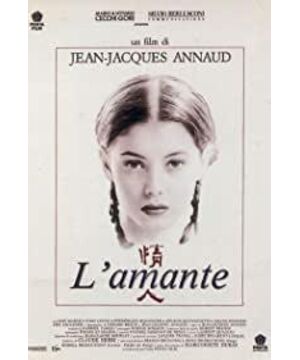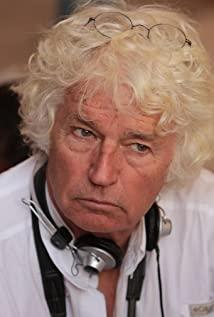A French girl and
an Oriental man
met on a ferry on the Mekong River.
The scene and the details of the first encounter are still as clear as yesterday in the memories many years later.
She leaned lightly on the side of the ship and looked at the river indifferently.
The face of the fifteen-year-old girl was green and firm.
The fluttering skirt lifted up his feelings.
What kind of two people can become lovers?
Does the lover need to confess,
or let their respective emotions permeate the bottom of their hearts alone and
release them in their fascination with each other's bodies.
Is the love that is not told to her, is it incomplete love?
What exists between them is not only desire,
but also unconsciously talking to each other.
He said,
you will always remember this house and this afternoon.
Even if you forget my appearance and my name.
In that noisy afternoon, the gloomy house and the crowded and cluttered street were only separated by a shutter, and the
dazzling sunlight and sound fell in and deeply burned her heart.
After all, there is still no way to escape.
On the day she left, she saw the man's car on the high deck.
She knew he was coming to see her off, and she knew it was the farewell between them.
The only thing she can do is to watch.
Looking greedily.
On a bright starry night, as a transoceanic ship was sailing in the vast Indian Ocean,
Chopin’s piano music suddenly echoed in the cabin.
Only then did she realize that the love she tried to pretend to be careless had left her irretrievably.
So in this night of voyage, tears burst into tears uncontrollably.
Many years later Duras wrote quietly:
"Compared with the face you had when you were young, I love your face that has been devastated now."
When the past becomes the past,
the things that we once thought of never forgetting are
in the process of never forgetting. In,
gradually forgotten.
View more about The Lover reviews











